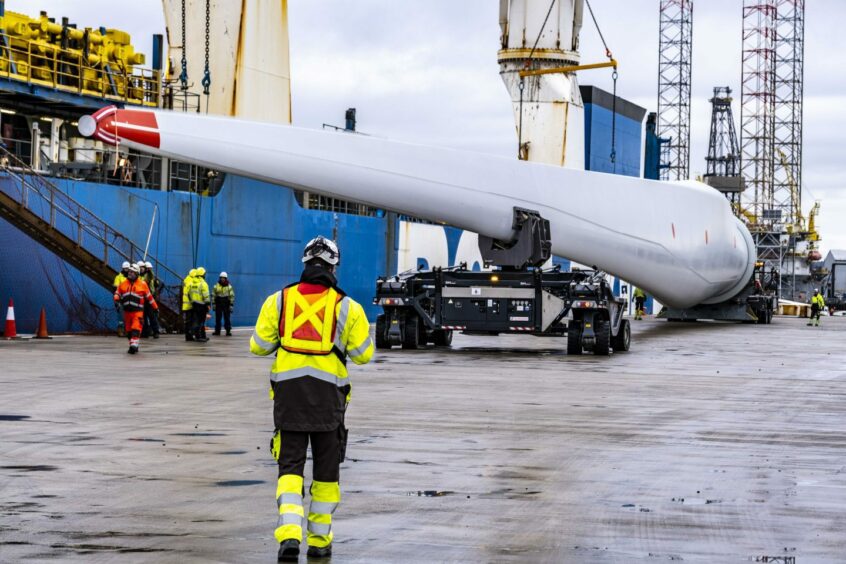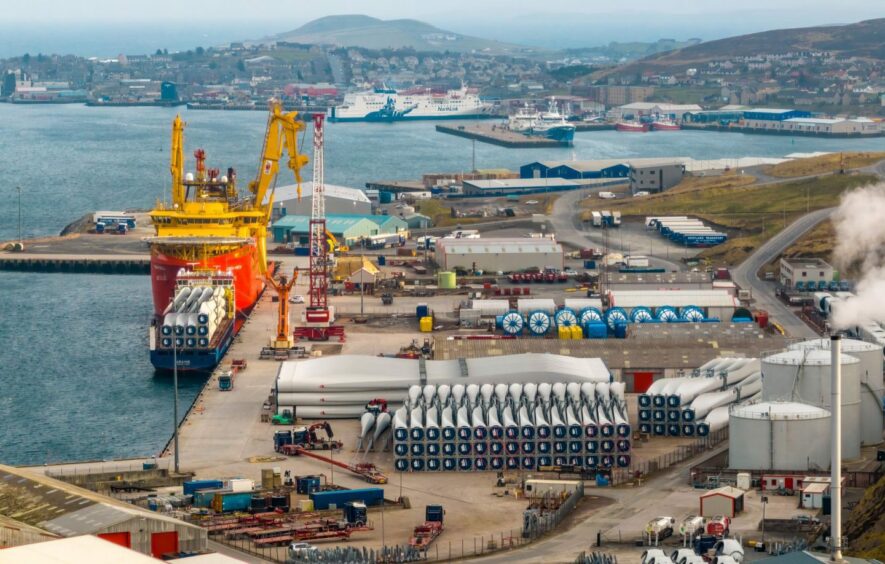
Car makers, aerospace companies and clean energy firms will benefit from a £4.5 billion Government fund earmarked for “strategic” manufacturing sectors.
Funding will cover a five-year period and become available in 2025, after the next general election.
The Treasury said that the move would provide industry with long-term certainty about investments.
Over £2 billion of the fund has been earmarked for the automotive industry, with £975 million for aerospace manufacturers.
The money is intended to support the development of zero emission vehicles, as well as more energy efficient aircraft equipment, the Treasury said.
Clean energy boost
Over half a billion pounds has been given to the life sciences sector, with another £960 million also committed to a green industries growth accelerator plan.
The Treasury said that projects covering carbon capture, hydrogen, nuclear energy and offshore wind would all be able to apply for funding as part of the plan to support clean energy.
“Britain is now the eighth largest manufacturer in the world, recently overtaking France. To build on this success, we are targeting funding to support the sectors where the UK is or could be world-leading,” Chancellor Jeremy Hunt said.
The announcement comes ahead of a global investment summit later this month.
Mr Hunt said that the new funding will generate returns from the private sector.
“Our £4.5 billion of funding will leverage many times that from the private sector, and in turn will grow our economy, create more skilled, higher-paid jobs in new industries that will be built to last,” he said on Friday.
Business Secretary Kemi Badenoch also said that it would ensure the Government “continue to help create jobs, grow the economy, and secure the future of great British manufacturing”.
It comes as ministers also agreed to fourteen recommendations from a detailed review of regulation and standards by chief scientific adviser Professor Dame Angela McLean.
The Government will publish its first battery strategy next week, which will set how the UK plans to develop a globally competitive battery supply chain by 2030.
Recent geopolitical tensions have played havoc with electric vehicle battery supply chains in particular, creating potential challenges amid the race to net zero.
Mr Hunt will next week deliver his autumn statement, as he aims to boost sluggish growth rates in the UK.
Recommended for you

 © Supplied by Lerwick Port Authori
© Supplied by Lerwick Port Authori